Formerly Private Cuba Bank Gets Chance For $456M Claim
May 8, 2019
Law360, New York (May 6, 2019, 1:54 PM EDT) — A Manhattan federal judge tasked counsel for a formerly private Cuba bank Monday with explaining why, under new Trump administration policy, it should get a $456 million chunk of $717 million that Societe Generale agreed to pay the U.S. government for violating Cuba sanctions.
At a quick hearing, U.S. District Judge Andrew L. Carter Jr. gave counsel for Banco Nunez, whose assets were taken by the Cuban government in 1960, until the end of May to detail its reasons for the potentially large claim.
“We don’t think that there’s a valid claim here,” counsel for the U.S., Alexander Wilson of the Manhattan U.S. attorney’s office, told Judge Carter, without getting into specifics.
The judge set a briefing schedule to last through May 31.
In a Friday letter, the bank said a recent shift by President Donald Trump to allow for lawsuits against corporations trafficking in wrongfully confiscated Cuban property allows for it to make a claim against the SocGen dollars.
Banco Nunez said in the letter that the figure of $456 million is derived from the original value of the bank’s property in Cuba — roughly $4.9 million as of 1960 — compounded by decades of interest and then tripled, per U.S. anti-trafficking law.
The money forked over by the French megabank last year is susceptible to such a claim because, in agreeing to the settlement, SocGen admitted to “trafficking” in confiscated Cuba property, the letter said.
Banco Nunez’s Florida-based counsel Javier A. Lopez of Kozyak Tropin & Throckmorton, who appeared via telephone Monday before Judge Carter, said in an email he would detail his claims in coming court filings.
Trump’s recent move to open the door to such lawsuits, by partially implementing a long-mothballed provision of the 1996 Helms-Burton Act, has led to predictions that many claimants like Banco Nunez could come into court with similar claims.
Banco Nunez is represented by Javier A. Lopez of Kozyak Tropin & Throckmorton.
The government is represented by Alexander Wilson and Benet Kearney of the U.S. Attorney’s Office for the Southern District of New York.
The case is U.S. v. $717,200,000 in U.S. Currency, case number 1:18-cv-10783, in the U.S. District Court for the Southern District of New York.
Click here for the original article.



